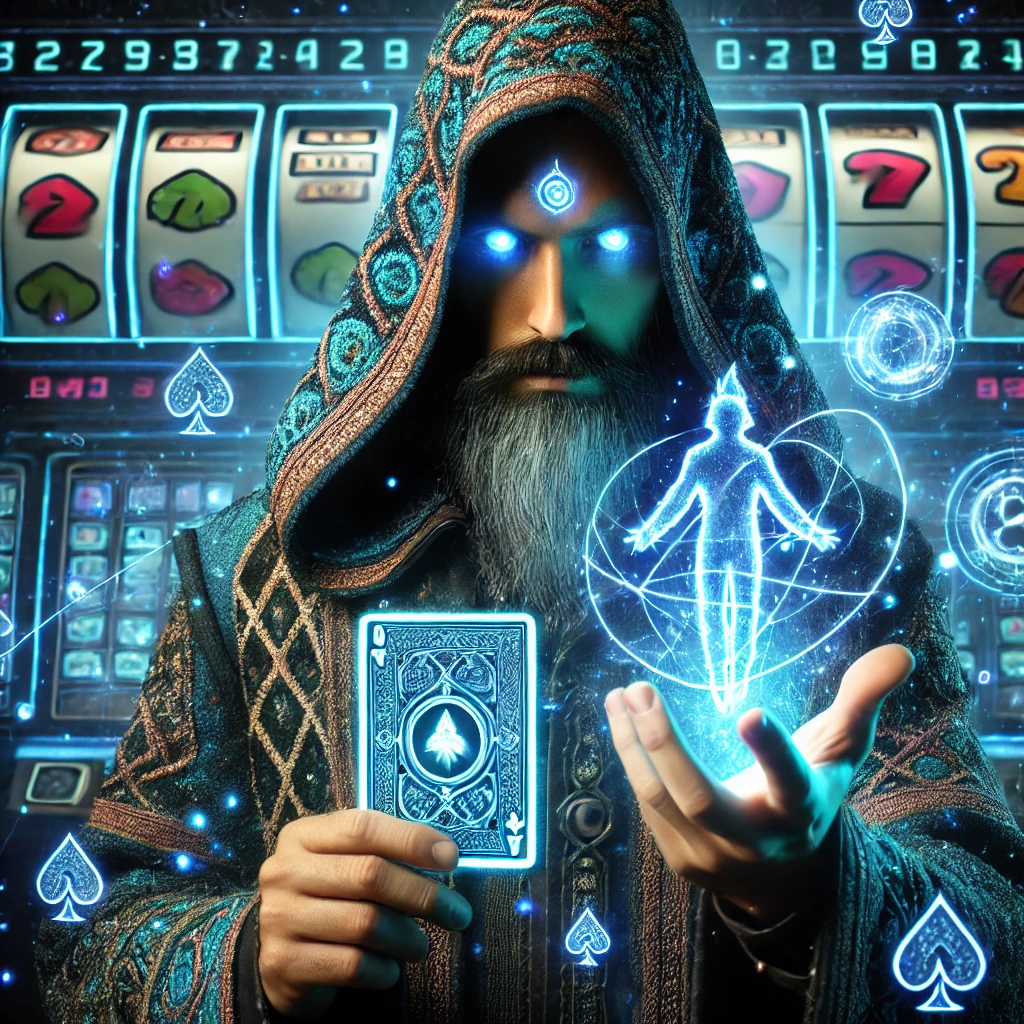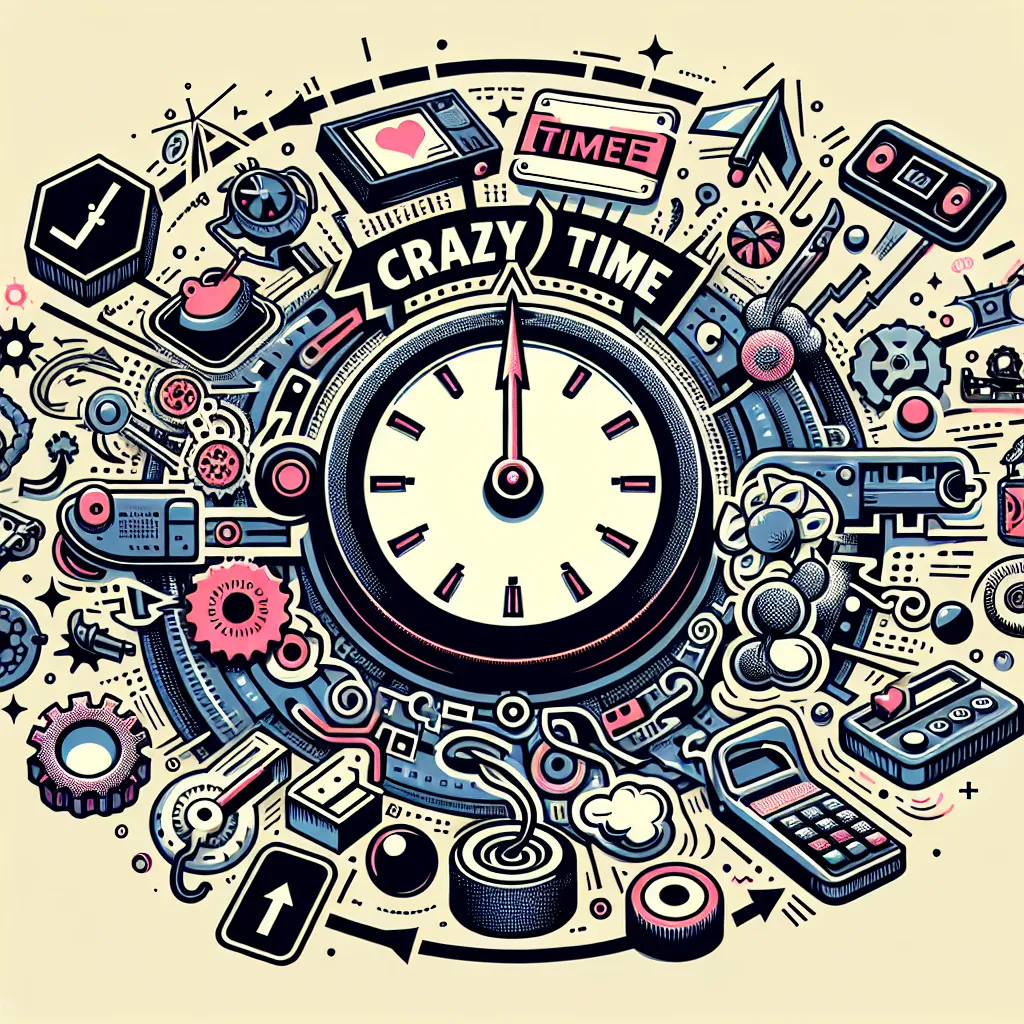Crazy Time, a highly engaging and dynamic online casino game from Evolution Gaming, has become a sensation among gambling enthusiasts. Known for its vibrant presentation and game show format, Crazy Time offers players a chance to win big through its spinning wheel and diverse bonus rounds. However, with its popularity comes scrutiny, as players frequently question the game’s legitimacy and fairness. This article will delve into how Crazy Time operates, the allure of tracking its outcomes, and the reasons behind accusations that the game might be rigged.
At its core, Crazy Time is structured around a giant, colorful wheel divided into 54 segments, each marked with numbers or various bonus games like Cash Hunt, Coin Flip, Pachinko, and the titular Crazy Time. Players place bets on which segment the wheel will stop, and if successful, they win prizes that may include multipliers or access to one of the bonus rounds. These bonus rounds add excitement and the potential for larger winnings by introducing varying mechanics like selecting targets or watching virtual coin flips to determine the multiplier applied to their initial bet.
Understanding how Crazy Time works involves recognizing the role of randomness and entertainment in its design. When the wheel is spun by the live host, its stopping point is determined by a combination of kinetic energy and friction. This outcome is further ensured by industry-standard Random Number Generators (RNGs) that guarantee fairness, regulated by gaming commissions to prevent manipulation. Legitimate operators of Crazy Time are subject to these regulations, which provide oversight and ensure transparency and trust for players.
Despite these assurances, some players remain convinced that Crazy Time is rigged. Such beliefs are often fueled by losing streaks and unexpected results, leading to speculations about the game being manipulated. However, allegations of rigging are generally unfounded when games are provided by licensed operators. The unpredictability players encounter is a feature, not a flaw, of the game’s design, intended to maintain the thrill and allure of chance inherent in any casino experience.
The desire to predict and strategize has led many players to track Crazy Time outcomes. Enthusiasts engage in “tracking” by meticulously recording past results in an effort to detect patterns or biases. While tracking can seem appealing for strategy development, it’s important to remember that each spin is an independent event — past outcomes don’t influence future ones, adhering to the principle of random chance. This tracking, while futile in terms of altering outcomes, offers enthusiasts an additional layer of engagement with the game.
Nevertheless, the question of rigging persists among parts of the player community. To dispel these concerns, potential players should verify the credibility of the gaming platform they choose. Verified casinos employ advanced RNG technology audited by third-party organizations to ensure fairness. Playing on reputable sites aids in mitigating the risks associated with rigging and promotes a fair gaming experience.
The spectacle of Crazy Time also contributes significantly to its appeal. Combining the thrill of a casino game with live-action entertainment hosted by charismatic presenters, it offers a social experience that virtual interfaces often lack. This interactive component enhances engagement, as players not only bet but also participate in an unfolding narrative with each spin and bonus round.
In conclusion, while Crazy Time captures the imagination of many with its promise of exciting gameplay and potential rewards, understanding its mechanics and the emphasis on fair play is crucial. Players should approach the game with an appreciation for its randomness and design elements, ensuring their participation remains rooted in enjoyment rather than misconception about guaranteed winnings. By selecting trustworthy platforms and maintaining realistic expectations, players can savor the entertainment of Crazy Time in a responsible manner.




